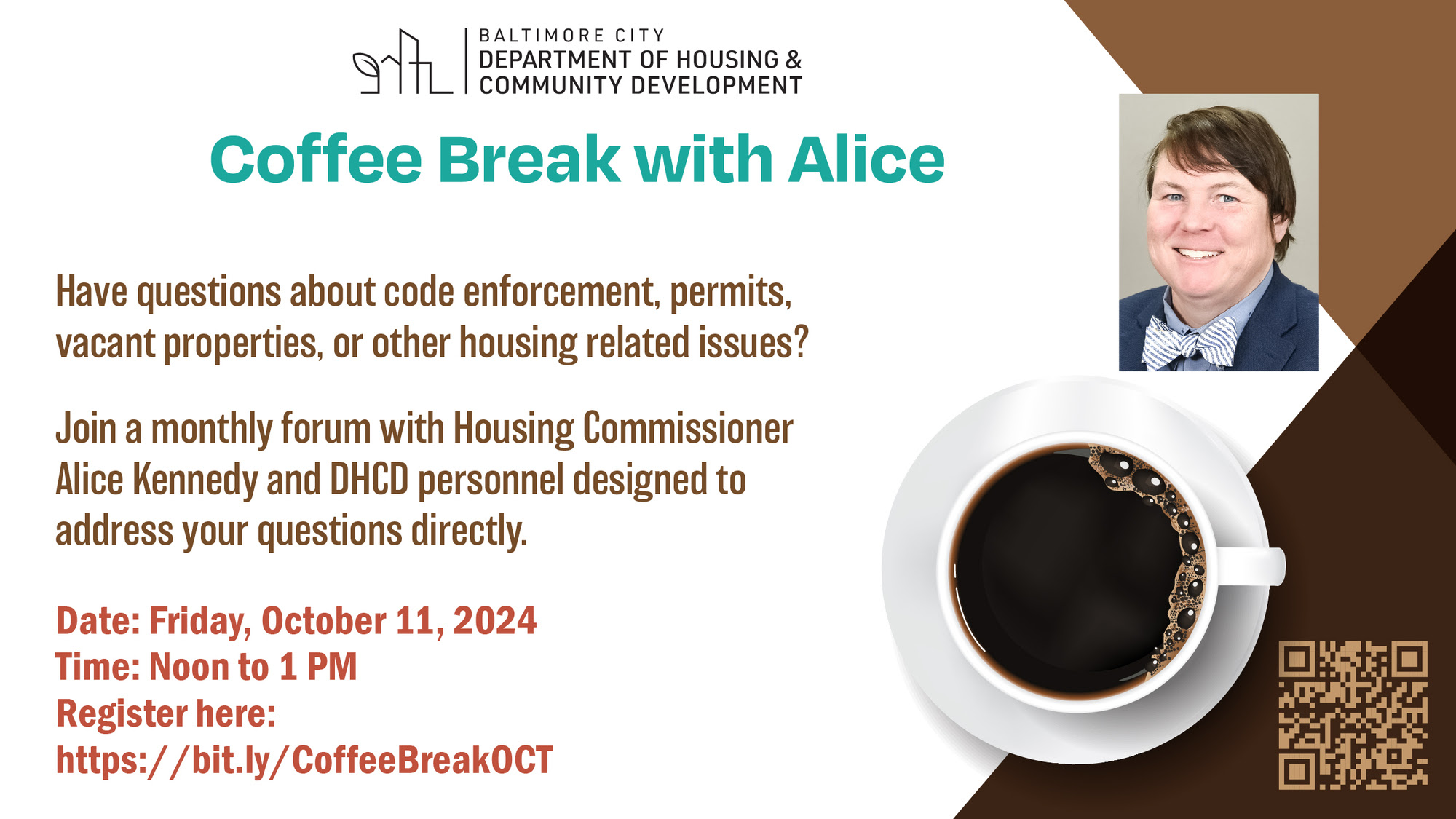During HUD's Quarterly Update event on July 25, 2024, panelists explored the emerging research on source of income discrimination laws and the enforcement strategies employed by municipalities in Maryland and New York. Some 50 years ago, Congress enacted the Housing Choice Voucher (HCV) program to promote housing stability, health, and economic mobility by allowing households to choose where to use their rental subsidy. Many voucher holders, however, remain in high-poverty areas because area landlords practice source of income discrimination (SOID) by refusing to accept vouchers outright. To address this behavior, states and localities began enacting SOID laws in the 1970s; however, even in areas where SOID laws are in place, landlords sometimes find indirect ways to deny housing to voucher holders.
On July 25, 2024, HUD's Office of Policy Development and Research (PD&R) hosted a PD&R Quarterly Update featuring two panel discussions examining the implementation of these laws and the latest research on their effectiveness. Adria Crutchfield, executive director of the Baltimore Regional Housing Partnership (BRHP) participated in the discussions and analysis.
Prevalence, Evolution, and Effectiveness of SOID Protections
As of February 2024, HUD's Office of Public and Indian Housing reports that 17 states, 21 counties, and over 85 cities have passed laws regarding SOID. According to Poverty & Race Research Action Council (PRRAC) data, the number of state and local SOID laws has more than doubled over the past 10 years. Alongside the rise in SOID laws, the National Fair Housing Alliance reports a corresponding increase in complaints that local fair housing organizations have filed concerning landlord offenses. Lawyers previously needed to challenge laws that did not explicitly include federal housing assistance as a protected source of income (SOI) or address minimum income requirements and landlord objections to inspections. Policymakers have changed the language of recent ordinances to more effectively address SOID issues, eliminating outdated defenses and strengthening enforcement. At the same time, institutions are prioritizing making information about SOID laws more accessible. Earlier in 2024, the Office of Public and Indian Housing launched a website detailing SOID laws. In addition, PRRAC maintains and regularly updates a compilation of state, local, and federal laws prohibiting SOID.
To understand the effect of SOID laws on voucher utilization and movement to low-poverty neighborhoods, the Urban Institute did a study that analyzed 43 SOID laws passed between 2001 and 2017. They noted that before these laws were enacted, only one in four families with vouchers lived in low-poverty neighborhoods, and the concentration of voucher holders in high-poverty areas was growing. After SOID laws were passed, access to lower-poverty neighborhoods improved, although "with a 3- to 4-year lag" for laws to take into effect.
Despite the rise in SOID laws enacted nationwide and the positive mobility outcomes for voucher holders they have supported, it was asserted that "too few households reach low-poverty, high-opportunity neighborhoods, and too many households are unable to find housing with their vouchers." A paired-testing study HUD conducted in partnership with the Urban Institute between 2016 and 2017 evidenced the pervasiveness of landlord discrimination as an explanation for the "stubborn and persistent challenges" that families with housing choice vouchers face.
Lessons From State and Local Implementation of SOID
The second panel discussion presented insights from practitioners in Baltimore and New York. The panelists discussed the specifics of SOID laws in their respective jurisdictions, enforcement mechanisms, and strategies for engaging landlords to enhance housing access. Since 2019, New York state law has protected SOI under human rights legislation and prohibited discrimination against legal sources of income in housing advertisements. The law covers numerous SOI categories, including various forms of public assistance, and incorporates provisions for individuals to pursue legal action through state courts or the Division of Human Rights.
BRHP's Crutchfield explained that Maryland's 2020 Housing Opportunities Made Equal Act, which expanded SOI protections statewide, addressed negative provisions in earlier city-level SOI laws. For example, in Baltimore, the act ended the practice of allowing landlords with a certain percentage of HCV tenants to reject future voucher applicants.
Despite these advances, both the New York representative and Crutchfield noted that landlords' efforts to evade enforcement present ongoing challenges for HCV holders. Crutchfield shared anecdotes from clients of BRHP's housing counseling team that faced discriminatory screening practices and neighborhood resistance. For example, tenants have reported that some landlords impose stringent credit score requirements or income multipliers, and homeowners associations sometimes amend their bylaws to introduce additional screening criteria related to criminal records.
Incentivizing Landlord Participation in Antidiscrimination
Speakers on both panels agreed that strategies to incentivize landlord participation can make SOID protection more effective. Crutchfield described BRHP's proactive marketing to landlords, including conducting social media campaigns to promote the benefits of renting to voucher holders. BRHP also produces webinars to educate landlords about the involved legal requirements.
Still, all agreed these efforts are just the beginning. "There's more work to be done around educating landlords, and there's more work to be done around understanding what might change landlord behavior, but this is an encouraging time to [be gaining] more evidence about the value that these laws bring to voucher holders and their outcomes." New York's office is currently partnering with a behavioral insights team to understand and address landlords' awareness and perceptions of SOID.
Read the October 1, 2024 PD&R article.







